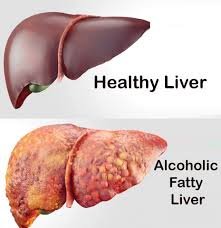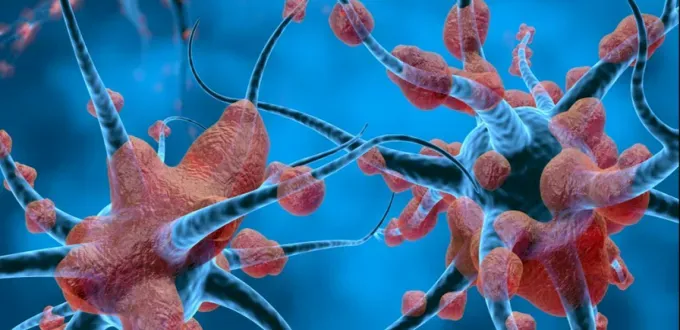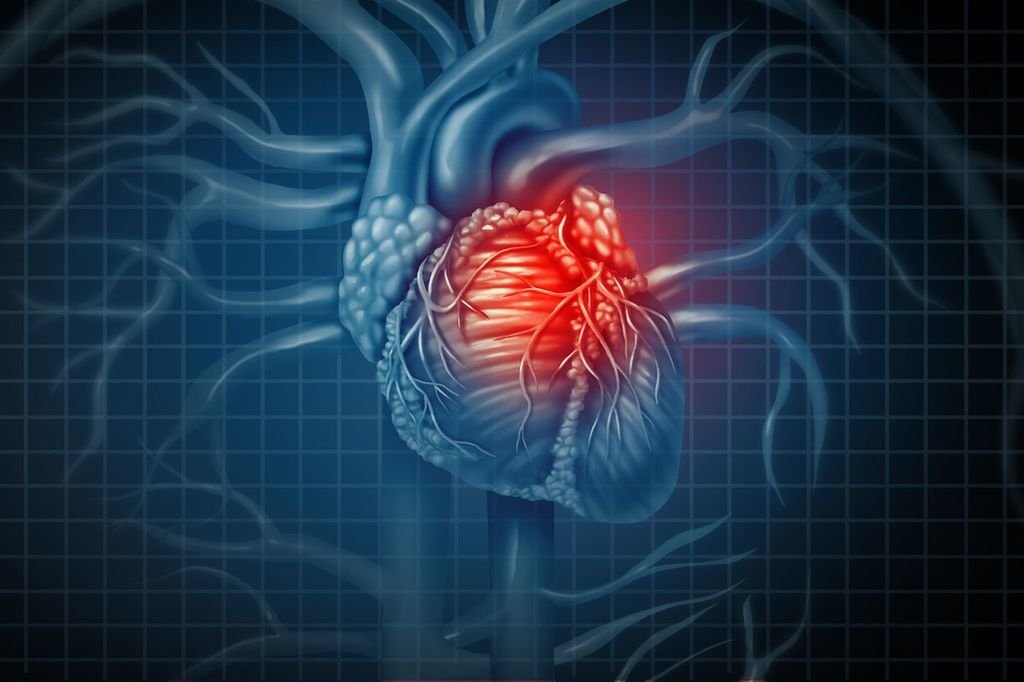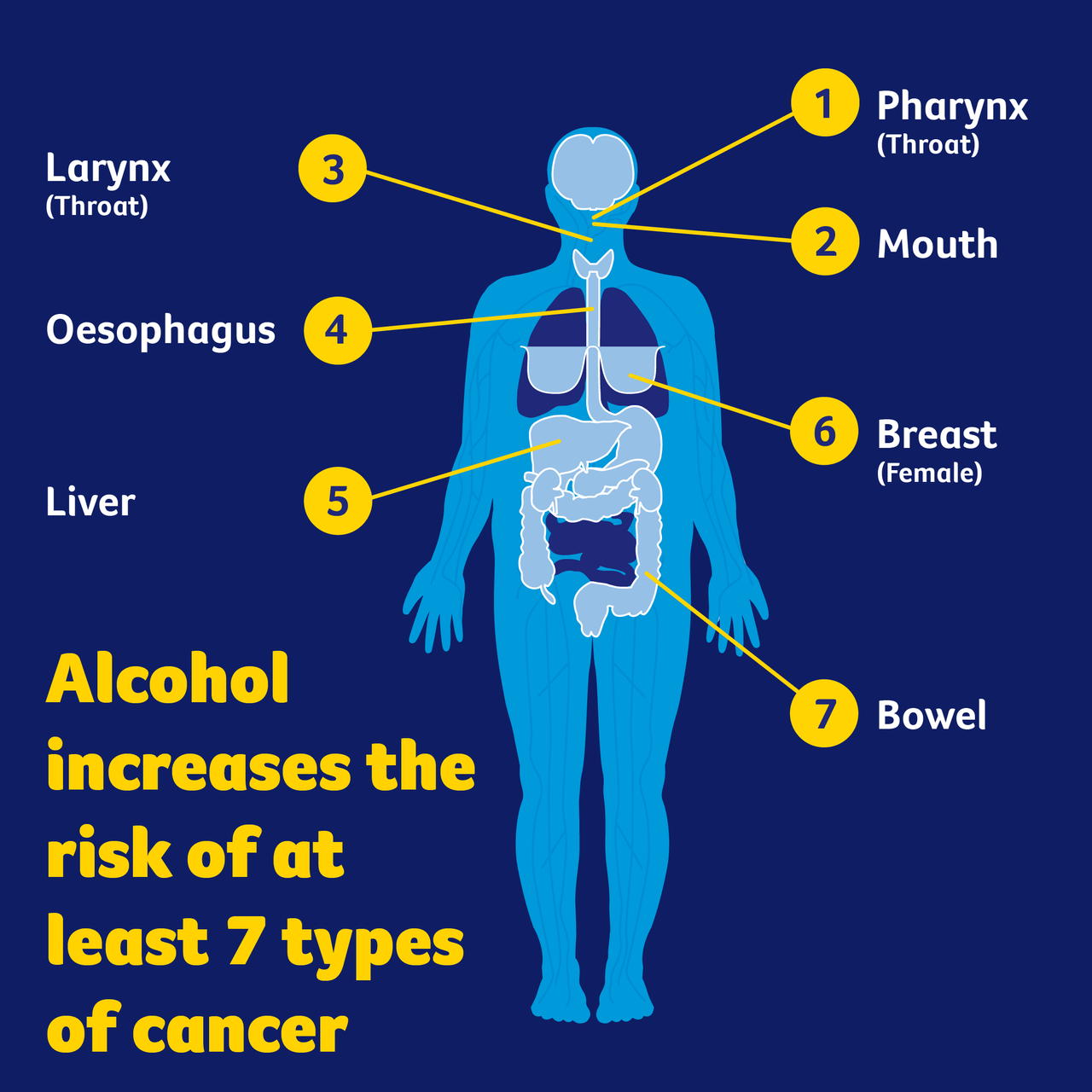Why do we pay money to destroy ourselves?
0 comments

Alcohol is a substance that has significant effects on the body and mind. While often associated with social occasions, regular or excessive alcohol consumption can lead to serious, sometimes irreversible, health issues that affect both physical and mental well-being.
1. Liver Damage
- The liver is the primary organ responsible for detoxifying the body. Alcohol puts a heavy strain on it, which can lead to conditions such as alcoholic hepatitis and cirrhosis. In severe cases, prolonged alcohol abuse can result in liver failure.
2. Effects on the Nervous System and Brain

- Alcohol affects brain cells, slowing down its functions, impairing concentration, and reducing memory. Excessive drinking can lead to permanent nerve damage and loss of cognitive skills, and increases the risk of depression, anxiety, and sleep disorders.
3. Cardiovascular Problems

- Alcohol directly impacts blood pressure, often causing it to rise. Over time, this weakens the heart muscle, increasing the risks of developing conditions such as heart failure and stroke.
4. Increased Cancer Risk

- Alcohol consumption is linked to a higher risk of multiple cancers, including those of the mouth, throat, esophagus, and liver. This risk is particularly associated with regular alcohol use, even in moderate amounts.
5. Psychological and Social Consequences

- Alcohol can lead to behavioral changes and can drive individuals towards addiction, which is difficult to overcome. This not only impacts the individual but also affects family and social relationships, leading to financial and professional losses.
Raising awareness about the dangers of alcohol is crucial for minimizing its negative impact. The consequences of alcohol consumption go beyond individuals, affecting families and entire communities.
Comments